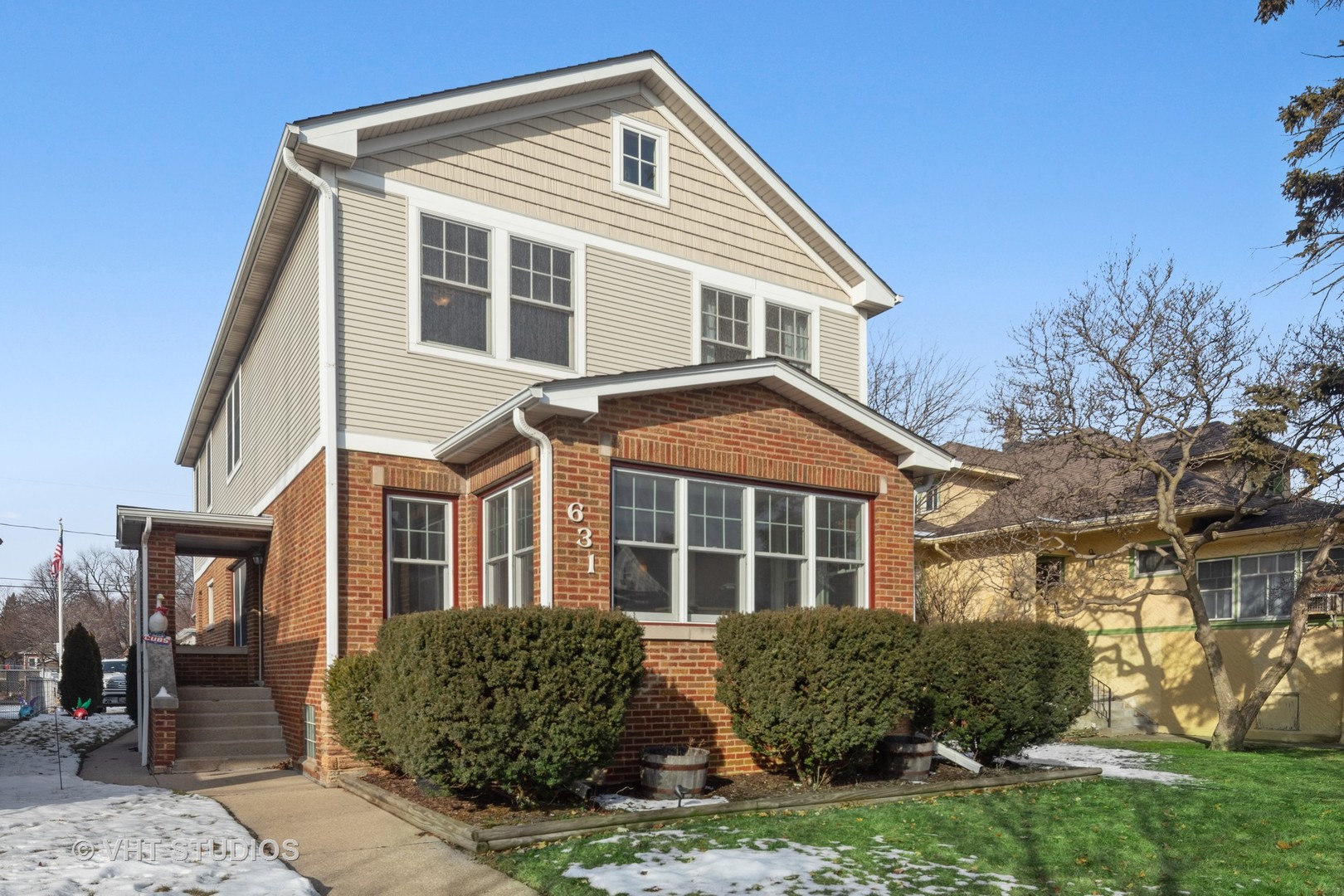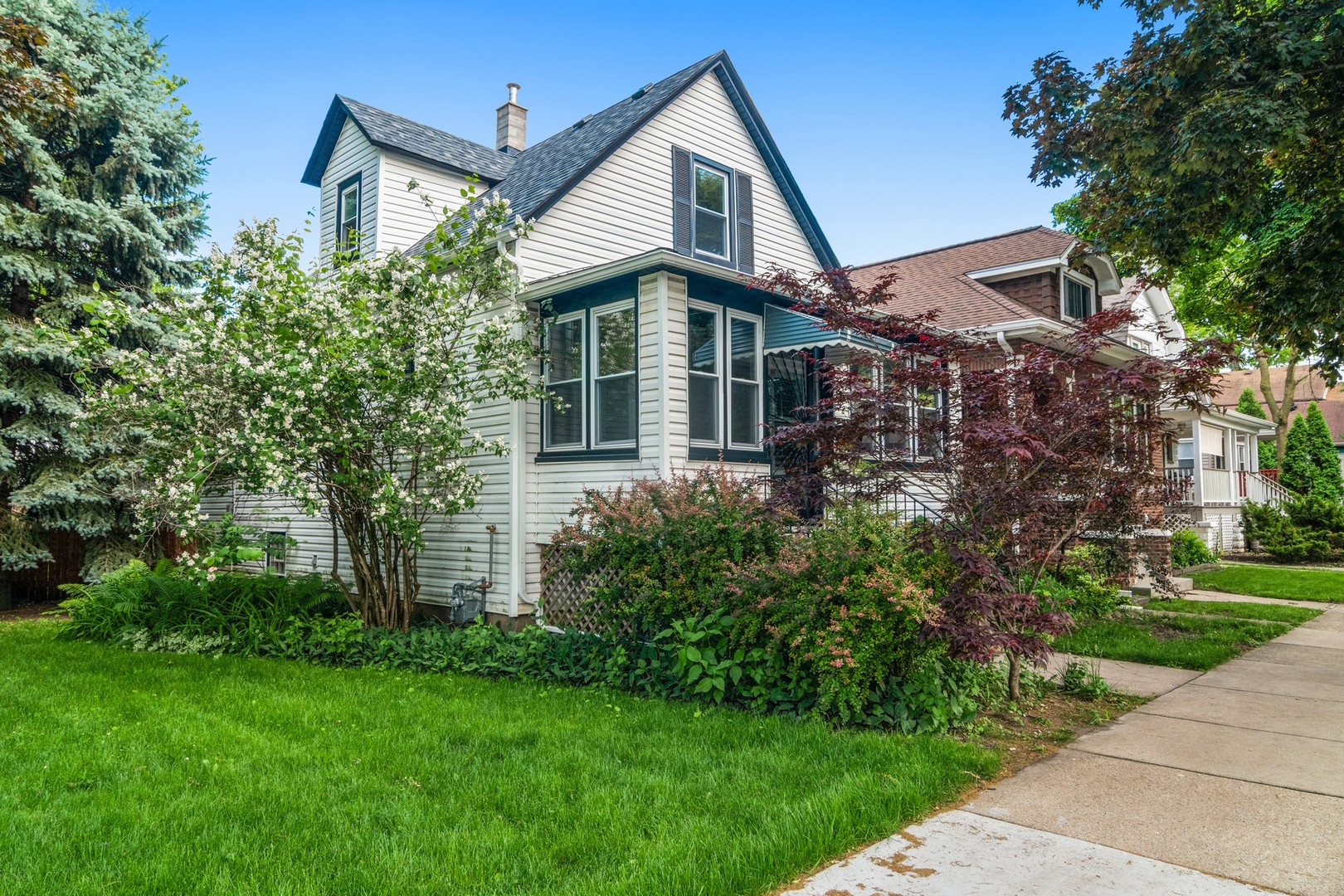House For Sale In Forest Park – Sometimes, a sale can feel like the closing of one chapter and the opening of another. We live in a society where people constantly trade their time for money, their expertise for compensation, their dreams for tangible rewards. It can be a metaphor for much deeper exchanges in life. The ease and convenience of online sales have created a global marketplace where individuals can connect with buyers and sellers across the world. These goods aren’t just products; they are symbols of craftsmanship, heritage, and pride. Economic downturns, for example, can influence the types of businesses that are put up for sale, as struggling companies may look to exit the market. Cars, too, are often sold with a sense of transition. Many buyers are drawn to industries where they already have experience, while others may seek a business in an entirely new field in order to diversify their portfolio. In both cases, there’s a sense of vulnerability. Online platforms like Etsy, for example, have given artisans a global audience for their high-quality handmade goods. Second-hand goods for sale have become an integral part of today’s economy, a trend that transcends geographic, economic, and cultural boundaries. This shift from a linear economy, where products are made, used, and disposed of, to a circular one, where products are continually reused and repurposed, is a step towards a more sustainable and environmentally friendly world. But even as we wrestle with the implications of living in a world where everything is for sale, we also see that this reality is not entirely negative. It’s about letting go of something that no longer serves a purpose, while opening the door for something new to take its place. It carries the marks of life’s moments: the road trips, the adventures, the daily commutes, the memories of friends and family. In this sense, quality is not just about prestige; it’s about making thoughtful choices that contribute to a more sustainable and rewarding lifestyle. The democratization of commerce has opened up opportunities for millions of people, giving them the chance to pursue their dreams and create their own paths to success. In the end, the phrase “for sale” is about more than just the exchange of money for goods or services. The resale of pre-owned clothing has become a booming industry in recent years, with second-hand stores and online marketplaces thriving as more consumers opt for affordable, sustainable alternatives to fast fashion. For the seller, the goal is to achieve the highest price possible for the business, while for the buyer, the goal is often to secure a fair price that reflects the true value of the business.

Forest Park IL Homes for Sale Forest Park Real Estate Bowers Realty
Research neighborhoodsvideo tours of homessee crime & noise scores

Forest Park IL Homes for Sale Forest Park Real Estate Bowers Realty
Research neighborhoodsvideo tours of homessee crime & noise scores

Forest Park IL Homes for Sale Forest Park Real Estate Bowers Realty
Research neighborhoodsvideo tours of homessee crime & noise scores

5788 Dunwoody Dr, Forest Park, GA 30297 Trulia
Research neighborhoodsvideo tours of homessee crime & noise scores

Forest Park IL Homes for Sale Forest Park Real Estate Bowers Realty
Research neighborhoodsvideo tours of homessee crime & noise scores

Forest Park IL Homes for Sale Forest Park Real Estate Bowers Realty
Research neighborhoodsvideo tours of homessee crime & noise scores

Park Forest IL Homes for Sale Park Forest Real Estate Bowers Realty
Research neighborhoodsvideo tours of homessee crime & noise scores

Forest Park IL Homes for Sale Forest Park Real Estate Bowers Realty
Research neighborhoodsvideo tours of homessee crime & noise scores

Forest Park, IL Real Estate Forest Park Homes for Sale
Research neighborhoodsvideo tours of homessee crime & noise scores

Forest Park IL Homes for Sale Forest Park Real Estate Bowers Realty
Research neighborhoodsvideo tours of homessee crime & noise scores
The rise of minimalist living, which emphasizes owning fewer, more meaningful possessions, has played a role in this shift. One of the key defining features of quality goods for sale is their ability to stand the test of time. When an item is marked as “for sale,” it enters a space where value is defined not only by the object itself but by the context in which it’s placed. We live in a society where people constantly trade their time for money, their expertise for compensation, their dreams for tangible rewards. Online marketplaces have opened up opportunities for people to buy and sell goods from the comfort of their own homes. They are investments, not just purchases, and their value is often felt long after the original transaction has ended. When people buy second-hand items, they are extending the life cycle of those goods, which means fewer products end up in the trash. Whether it’s the affordability, the environmental impact, or the opportunity to find unique items, second-hand goods provide an alternative to traditional retail shopping that is both practical and sustainable. The rise of online platforms dedicated to the sale of second-hand goods has also played a significant role in the growing popularity of pre-owned items. In some cases, buyers may also acquire businesses with existing intellectual property, such as patents, trademarks, or proprietary technologies, which can offer a competitive edge in the market. This stage can involve a variety of specialists, such as accountants, lawyers, and industry experts, who can provide a comprehensive evaluation of the business. The concept of quality, however, is not a one-size-fits-all. Whether it’s the smooth finish of a well-polished wooden table or the satisfying feel of a perfectly balanced knife in your hand, quality goods evoke a sense of pride in their ownership. For many, purchasing second-hand goods is not just about saving money, but about embracing sustainability, supporting a circular economy, and contributing to a more environmentally conscious world. This connection between consumers and the creators of quality goods is something that’s been fostered for centuries. On the other hand, traditional industries such as brick-and-mortar retail or manufacturing may face challenges, with many businesses in these sectors looking to sell or transition due to changing market conditions. The satisfaction of purchasing quality is often deeply intertwined with the knowledge that your money is going toward something that truly deserves it. For sellers, online platforms can expand their reach to a global audience of potential buyers, increasing the chances of finding the right match for their business. A well-made product simply performs better. Therapists offer their services for a fee, and online courses promise to give us the knowledge we need to succeed — all in exchange for money.
The culture of buying second-hand goods is rapidly shifting in the modern world, particularly among younger generations. One of the major environmental concerns with new products is the waste that they often generate at the end of their life cycle. Love becomes about what someone can provide in terms of material or emotional benefit, and friendships become alliances, where loyalty is traded for favor or influence. A well-made frying pan or a durable pair of boots might not have the cachet of a designer handbag, but their value lies in their functionality and reliability. Whether it’s a handmade leather bag, a vintage watch, or a luxury car, the term “quality” brings with it an expectation — an assurance that the item in question has been crafted with care, attention to detail, and materials that can stand the test of time. When an item is marked as “for sale,” it enters a space where value is defined not only by the object itself but by the context in which it’s placed. But even as we wrestle with the implications of living in a world where everything is for sale, we also see that this reality is not entirely negative. The truth is that the idea of quality is deeply rooted in the philosophy of craftsmanship, heritage, and trust, which explains why certain items, often categorized as quality goods, tend to be prized more than others, even when they may come with a higher price tag. Additionally, there is the challenge of integrating the business into their existing operations and ensuring that it continues to thrive under new ownership. Manufacturing new items requires energy, raw materials, and natural resources, all of which contribute to environmental degradation. Acquiring an established business can provide a head start in terms of customer relationships, operational systems, and brand recognition. In fact, there’s been a resurgence of interest in artisanal, locally-made products, especially in industries like fashion, home decor, and food. The role of business brokers and intermediaries has become increasingly important in today’s business-for-sale market. Social media platforms, for example, offer users a chance to buy into their own identity, to curate a version of themselves that is more appealing, more desirable, more marketable. It’s a world where even personal growth, self-actualization, and emotional healing are framed as commodities, available for purchase at any time, but only if you’re willing to pay the price. For sellers, the market for second-hand goods offers an opportunity to declutter their homes and make some extra money. The world of second-hand goods for sale is vast and varied, encompassing everything from clothing, electronics, and furniture, to books, antiques, and collectibles. Some businesses are sold because the owner is ready to retire, while others might be sold due to financial difficulties or changes in the owner’s personal or professional life. The closing process also involves transferring the business’s assets, such as inventory, property, intellectual property, and customer contracts, to the new owner. In some cases, it’s not just objects that are for sale, but entire industries or institutions.